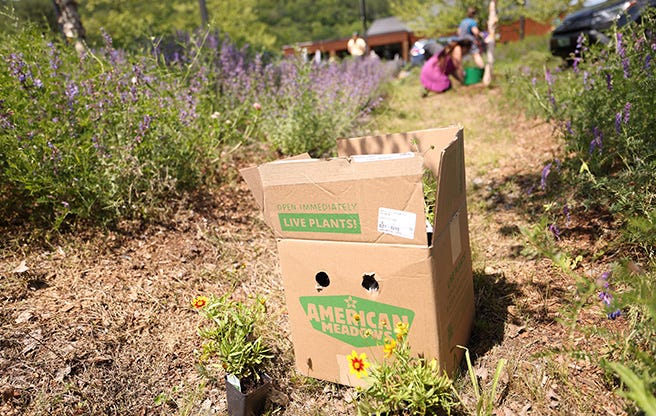Joan Senior Reblooming Daylily
SKU: AM020510
Shipping:
Shipping begins the week of May 6th, 2024
Overview
A favorite among many Daylily enthusiasts, ‘Joan Senior’ Reblooming Daylily is a multi-award-winning variety, featuring creamy off-white blooms with soft chartreuse centers. Large 6-inch flowers have a gently ruffled edge, adding a romantic detail, while wide grass-like foliage provides graceful texture in the garden. Favored for its outstanding performance, plant ‘Joan Senior’ to extend your garden season and enjoy the sight of pollinators dipping into blossoms in spring, then again for a fall finale. (Hemerocallis)
key features
Botanical Name
Hemerocallis Joan Senior
Advantages
Rabbit Resistant, Easy To Grow, Long Bloom Time, Cut Flowers, Container Planting
Growing Zones
Zone 3, Zone 4, Zone 5, Zone 6, Zone 7, Zone 8, Zone 9
Light Requirements
Full Sun, Half Sun / Half Shade
Soil Moisture
Average
Mature Height
24-26" tall
Mature Spread
12-24" wide
Bloom Time
Early to mid summer
SKU
AM020510


